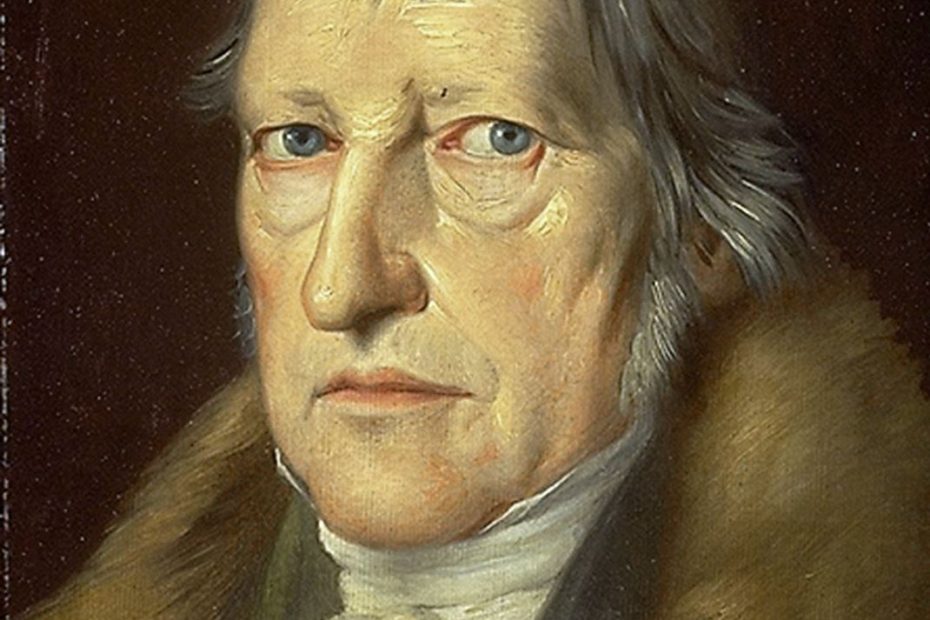Hegel is a post-Kantian Platonist. Taking full advantage of the anti-Aristotelianism sanctioned by Kant, Hegel launches an attack on the root principles of Aristotle’s philosophy: on the principles of Aristotelian logic (which even Kant had not dared to challenge directly). Reality, declares Hegel, is inherently contradictory; it is a systematic progression of colliding contradictions organized in triads of thesis, antithesis, synthesis—and men must think accordingly. They should not strive for old-fashioned, “static” consistency. They should not be “limited” by the “one-sided” Aristotelian view that every existent has a specific identity, that things are what they are, that A is A. On the contrary, they owe their ultimate allegiance to a higher principle: the principle of the “identity of opposites,” the principle that things are not what they are, that A is non-A.
Hegel describes the above as a new conception of “reason,” and as a new, “dialectic” logic.
